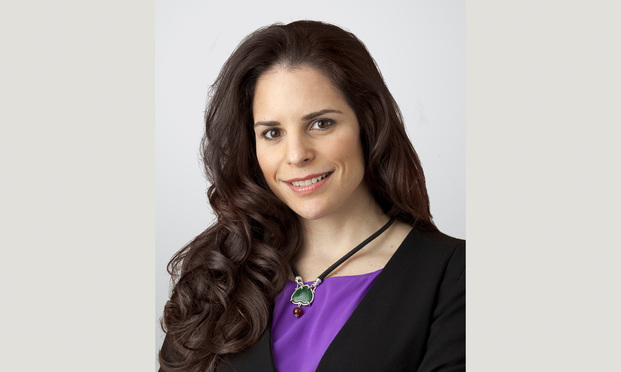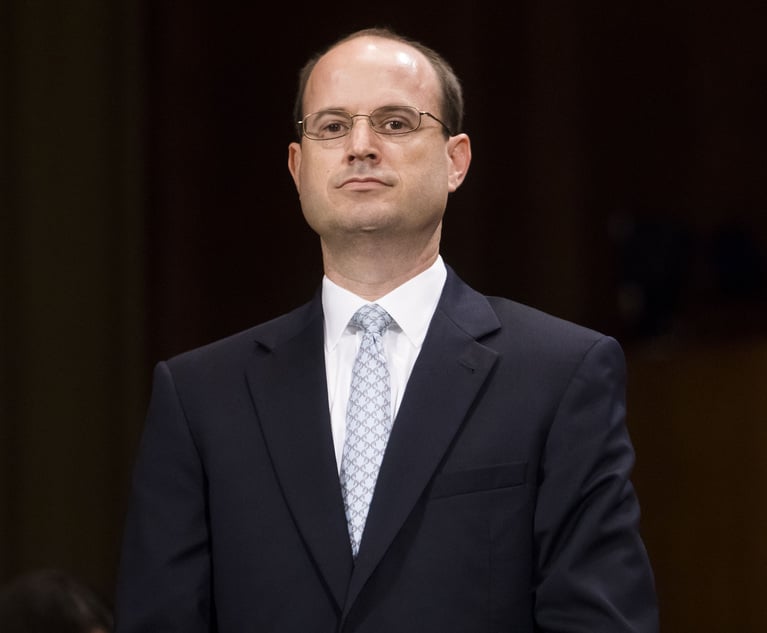Over the past two decades, I have handled my fair share of telephonic depositions, mediations and hearings in state, federal and bankruptcy courts. However, if you would have told me a month ago that I would be conducting a two-day final evidentiary hearing in federal court via Zoom with the court, counsel, parties and witnesses appearing virtually from various locations in South Florida and Guatemala, I would not have believed you.
Five years ago, I represented a Nicaraguan company in a week-long final arbitration hearing in New York. We had several witnesses testify via video conference from New Zealand and Nicaragua, including some requiring translations from Tagalog and Spanish. And then, three weeks before our firm shifted to remote operations, I represented a South Korean client in both a virtual deposition and mediation again dealing with another time zone and language. My client’s virtual appearance at both of those proceedings required a court order, logistical planning with the court reporter’s offices in Miami and South Korea, the mediator’s office, a local translator and significant cooperation with opposing counsel.


 Annie Gamez, partner with Holland & Knight in Miami.
Annie Gamez, partner with Holland & Knight in Miami.




